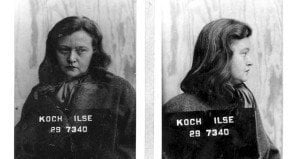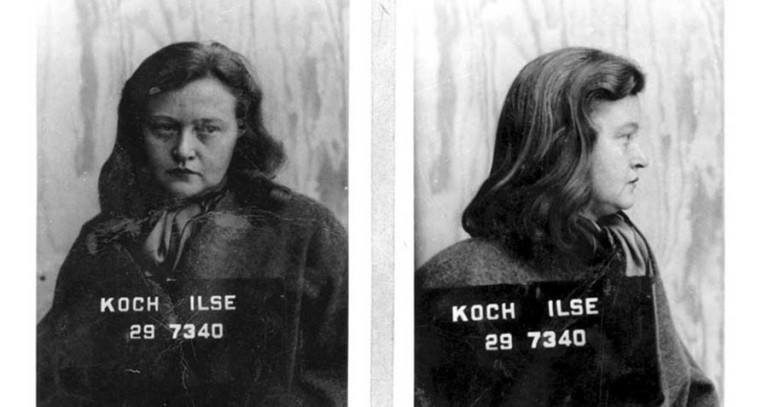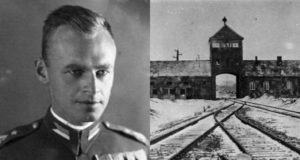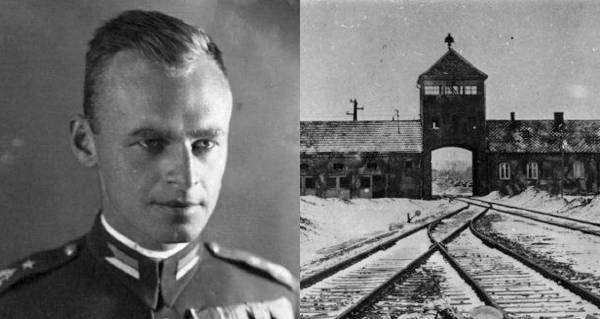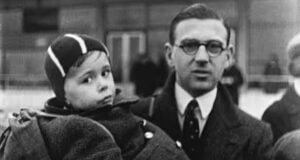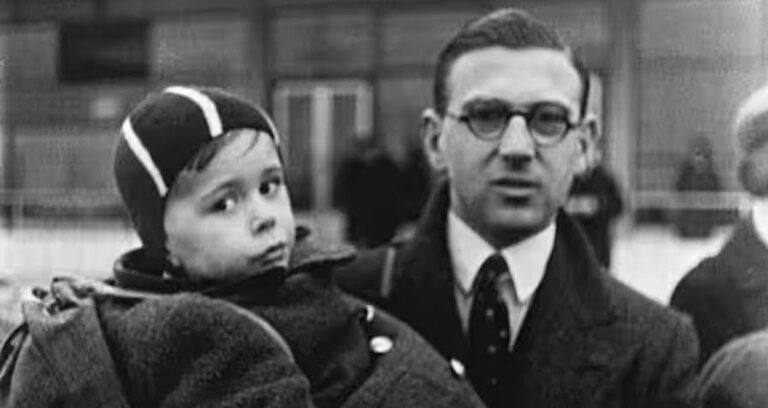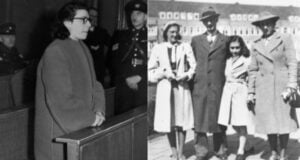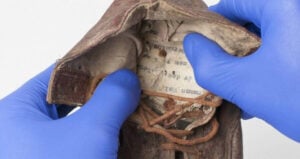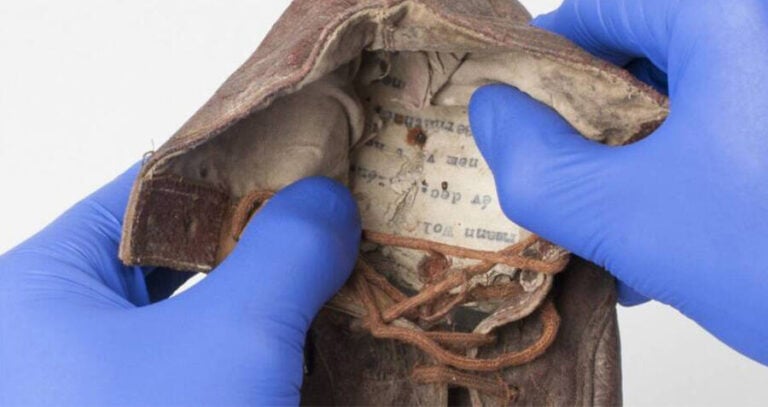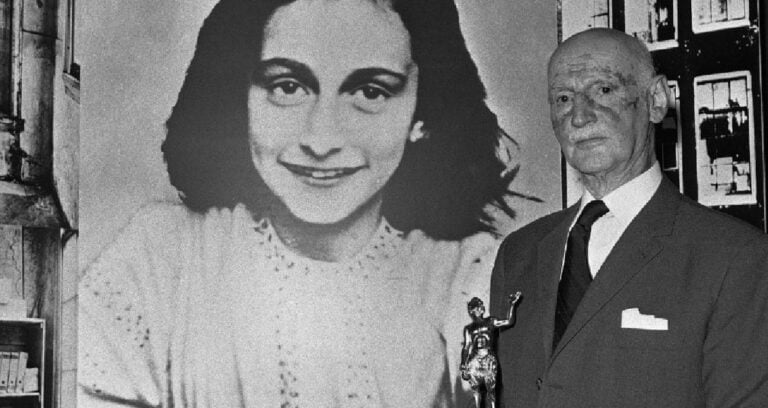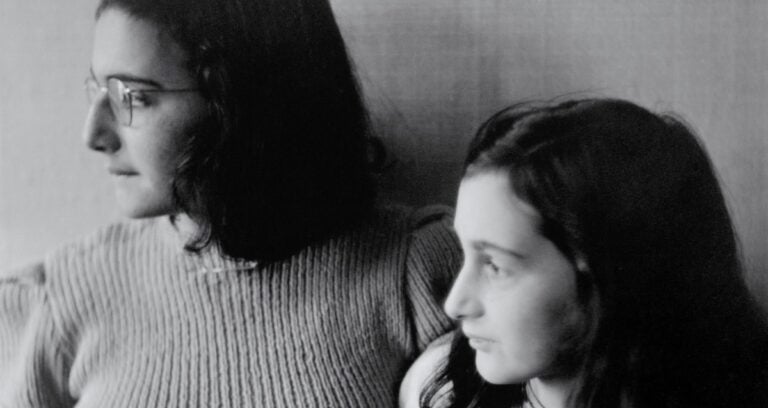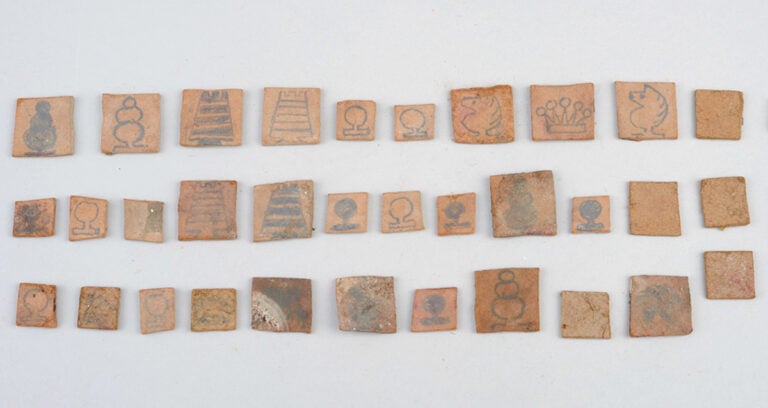holocaust
As many as 17 million died in less than five years. It was the most ruthlessly brutal and chillingly systematic mass slaughter in modern history.
But no set of statistics alone can even begin to paint a complete picture of the tragedy and trauma of the Holocaust committed by the Nazis and their allies between 1941 and 1945. even start to truly understand this genocide, you need to read the stories and see the Holocaust photos that put faces to the statistics and make the devastation all the more clear.
All That’s Interesting’s look back through Holocaust history begins with violent pre-war rumblings like Kristallnacht, then on to the unimaginable atrocities committed by the likes of infamous Nazi doctor Josef Mengele inside the concentration camps, and finally to the liberation of those camps and the punishment of some of the perpetrators at the Nuremberg Trials.
Along the way, you’ll learn about the most ruthless figures of the Third Reich whose names have since become widely synonymous with evil. But you’ll also discover Holocaust stories about its lesser-known heroes — like Irena Sendler, the woman who saved 2,500 children from the concentration camps — who can at least show us the power of resilience and courage in the face of utter cataclysm.
